So, as excited as I was to see Metropolis... it ended up slipping my mind completely. I came home from work absolutely starving, and at the prospect of going out for Mexican food, I forgot anything else. I felt very stupid when I realized what I had done, but I don't entirely regret it.
Sad as I was to miss that, I did pick up this Agnes Varda documentary, which I described to everyone around me as "a French documentary about gleaning," revealing that it is no mystery how I end up watching my movies alone on the couch with a mug of coffee. This is a poor description of what this film is, but I guess I didn't bother to elevate its charms much, since I knew I would end up watching it alone, regardless.

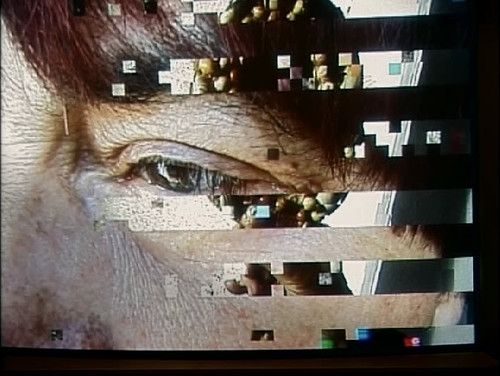
I love the effortlessness of this documentary, if you want to call it that. The subject matter flows between introspection and inspection, not exactly seamlessly, but never in a way that seems like a contrivance. Varda puts together a collage, and it really is a collage, of the many activities that fall under the definition of gleaning, the most brilliant of which is the nature of filmmaking as the gleaning of images. This allows for some of the most memorable scenes, when the wizened, and yet perpetually innocent Varda turns the digital camera onto herself. Like the stooped gleaners she chronicles in the fields, Varda seems to feel as if it is both a need and a duty to capture her world on film.
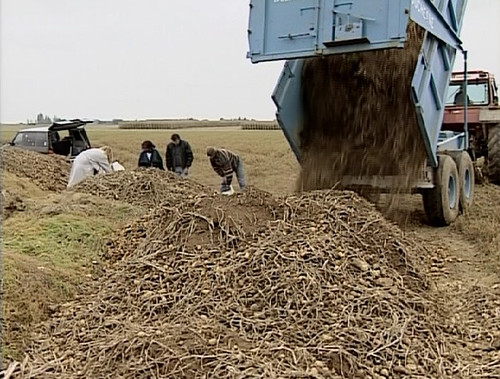


In her home, she compares the molding ceiling to a modernist painting. And she examines her hands until they become some kind of modernist abstraction. She's not afraid to use the camera to its fullest extent, taking advantage of everything that makes it a great medium for a collage-artist. With a camera you can piece together all kinds of art elements-- pages from books, paintings, sculptures, street scenes; she creates a sort of moving scrapbook.

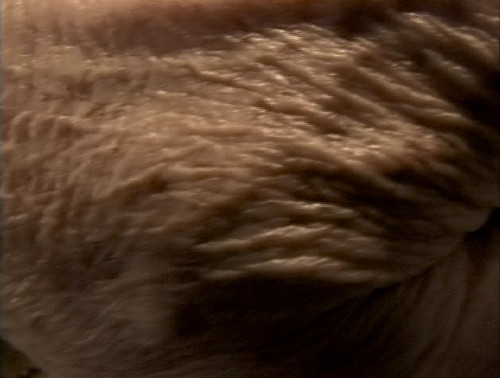
And with the camera's unique power of sequestering a three dimensional realm into a two dimensional rectangle, you can create some memorable special effects on the fly. With editing tricks and some imagination, you can really believe that Varda is snatching trucks right off of the road with those handy hands. Once it is secured within the frame it is real, and captured forever.
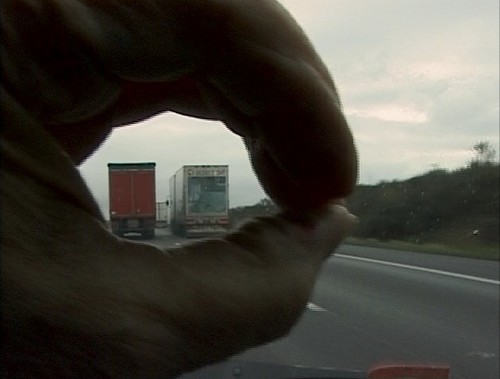

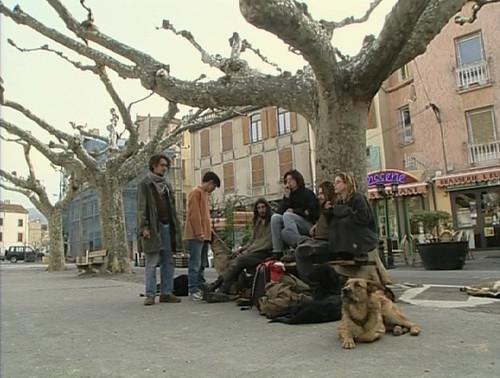
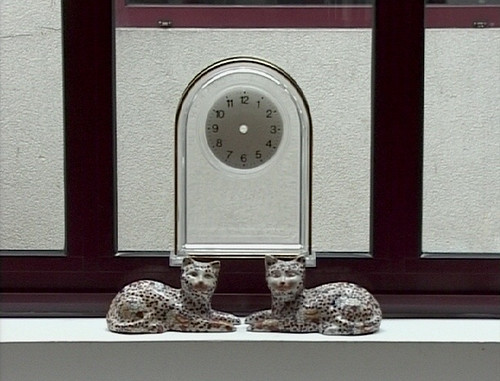
Varda also captures images of herself gleaning objects from the street, objects such as this hand-less clock that refuses to reveal the passage of time.
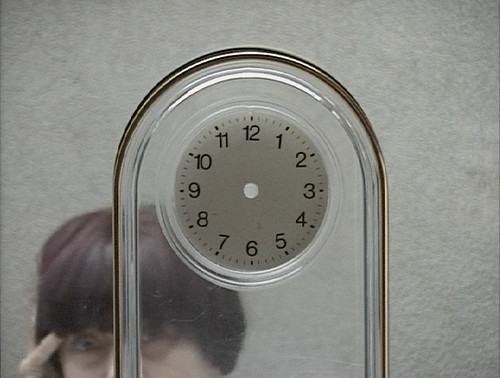
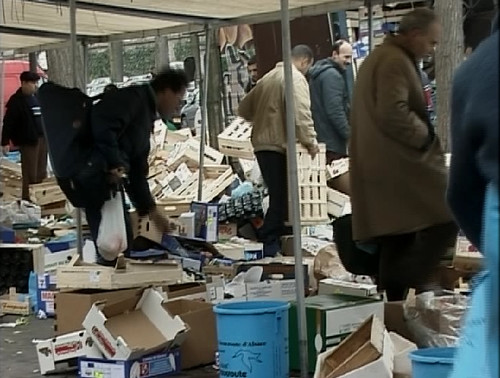
In the end, human beings also are ephemera to be analyzed, and Agnes Varda herself is no different. As she entices an art museum to bring this painting to the light, she creates a potent metaphor to cinch off her soul-searching documentary.

To me, so much of this film is about Varda's advancing age, and that's what this final image speaks to, in my mind: people trying to outrun life, and at the same time, glean the most of it that we can. Regardless of your opinion of the subtleties of that interpretation, it does seem pretty obvious that Varda is showing us that we are all gleaners of a sort, faced with the adversity of society's institutions and the general apathy of the universe. The Gleaners and I is a beautiful documentary that is really so, so much more than that.
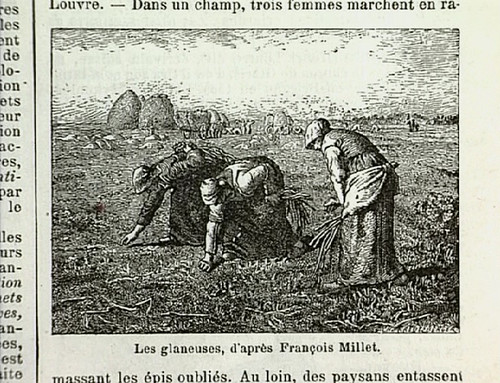

maureen hochman always noted "the very noble act of bending down to retrieve something that another had discarded" from this film, or something like that. definitely want to see this soon.
ReplyDelete